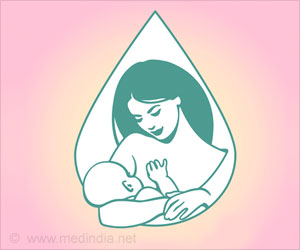research suggests that up to a third of women suffering from bulimia could be treated with the contraceptive pill
Bulimia has always been considered to have a psychological basis, but according to new research, hormones, may be the cause. The findings suggest that up to a third of women suffering from the condition could be treated with the contraceptive pill.
Bulimia is an eating disorder, which induces sufferers to eat too much of food and then regurgitate or purge it out of their systems by throwing up or by using laxatives. This disease is caused due to depression, stress or issues concerning the ego.New research has found that many patients suffering from Bulimia also exhibit a high level of the male hormone, testosterone that is directly linked to increased levels of hunger.
Celebrities like Diana-Princess of Wales, Oprah Winfrey and Sharon Osbourne, have admitted being affected with bulimia. Almost all sufferers attribute their infirmity to emotional distress.
During this study, researchers tried giving sufferers the contraceptive Pill, which enhanced their oestrogen levels. In half of the women who received the pill, craving for food and feeling of hunger decreased. At the end of the trial, three of them were free from bulimia.
The research was led by Dr Sabine Naessén, at the Karolinska Institute in Sweden,'We have shown that one third of female bulimics have metabolic disorders that may explain the occurrence of the eating disorder. These disorders may in certain cases express the hormonal constitution of a patient, rather than any mental illness.'
Steve Bloomfield, a spokesperson for the Eating Disorders Association (EDA), said: 'The danger I would foresee is lots of people thinking that this will cure bulimia in the way an aspirin may cure a headache.'
Advertisement
More research needs to be done before the Pill can be recommended for treatment.
Dr Joan Brunt of the Eating Disorder Service, St George's Hospital, London, says-around 2 per cent of the UK population suffer from bulimia and 85 per cent of these are girls in their late teens.
Source-Medindia
PRI











